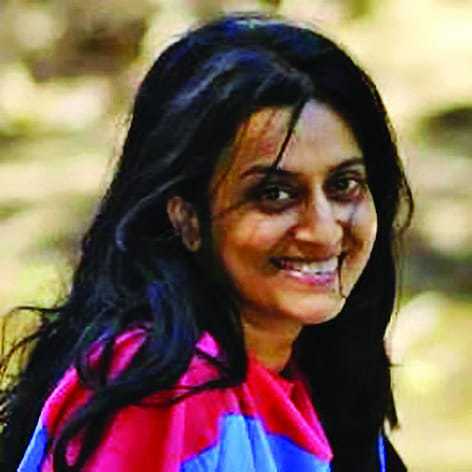
How can the world’s most polluted city do this? Get rid of its trees, mostly very old ones? I suggest, instead of Raksha Bandhan, Delhi needs a Vriksha Bandhan.
The citizens of Delhi have come out on the streets. It’s a citizen’s movement. My advice to the government is to please focus on protecting the rest of our trees and don’t politicise our greens. As we don’t want to lose a single tree more. Instead, help Delhi lose its polluted air. Let’s figure out how to build with trees intact as is done all over the world.
Not just Delhi, this is a pan-India problem. By 2030, almost half the country’s population will be urban. What kind of cities will India offer us? Of course, I won’t say nothing is done. The Smart Cities Mission, creation of new cities like Amravati and upgradation of others are underway. On the ground, frankly, urbanisation is quagmired in woozy myopia. The move to cut 16,000 trees for redevelopment has been initiated when Delhi is enveloped in dust, the world’s most polluted city even in the summer.
The fact of the matter is, and let’s face it, state institutions are mandated now to speed environmental clearances.
I have been stressing that the notion of the inviolate should be ushered back into governance. You simply cannot insult the environment. The Supreme Court tried imposing the inviolate in the late 1980s and ‘90s, but it was short-lived because it never became part of the ethos of state decision-making. Also, there’s a need to re-educate officials about why the environment must be nurtured.
Delhi hosted what organisers describe as the world’s first player auction in golf, launching ‘72…
An elderly woman recalls how her six-year-old granddaughter lay bleeding after a speeding car hit…
Municipal Corporation of Delhi plans a unified policy enabling RWAs to adopt and maintain parks…
A 17-year-old boy allegedly died by suicide after jumping before a moving train at Uttam…
Delhi High Court grants bail to 26-year-old Thar driver accused of mowing down two in…
Two Rohini men arrested for fatally stabbing one person and injuring another during a robbery…